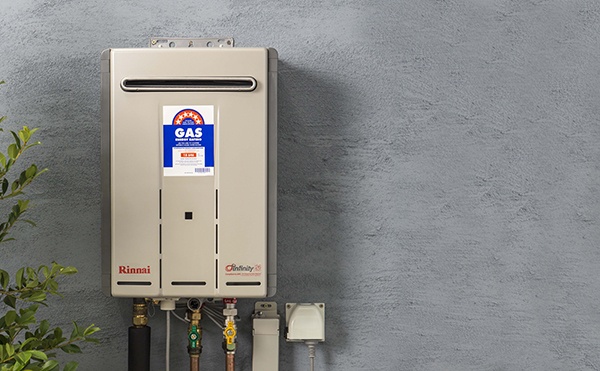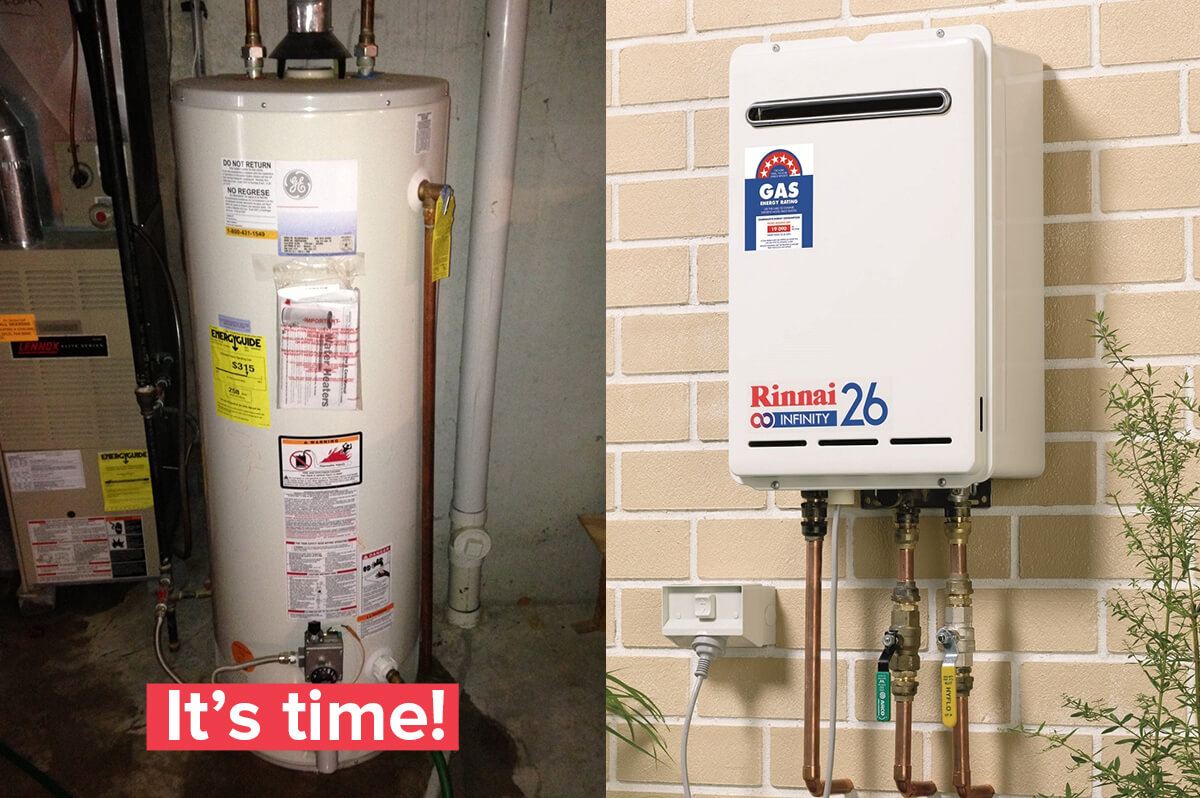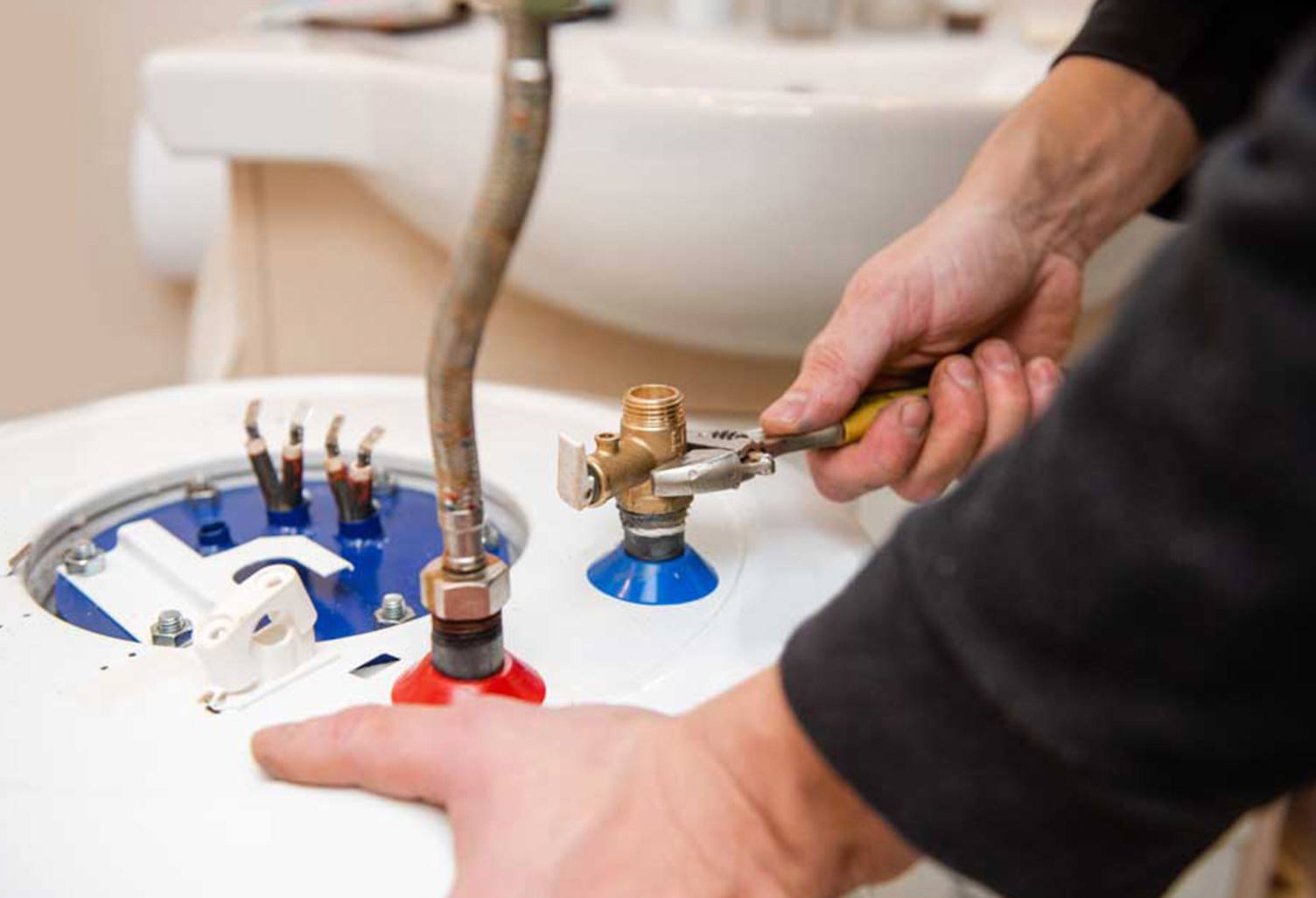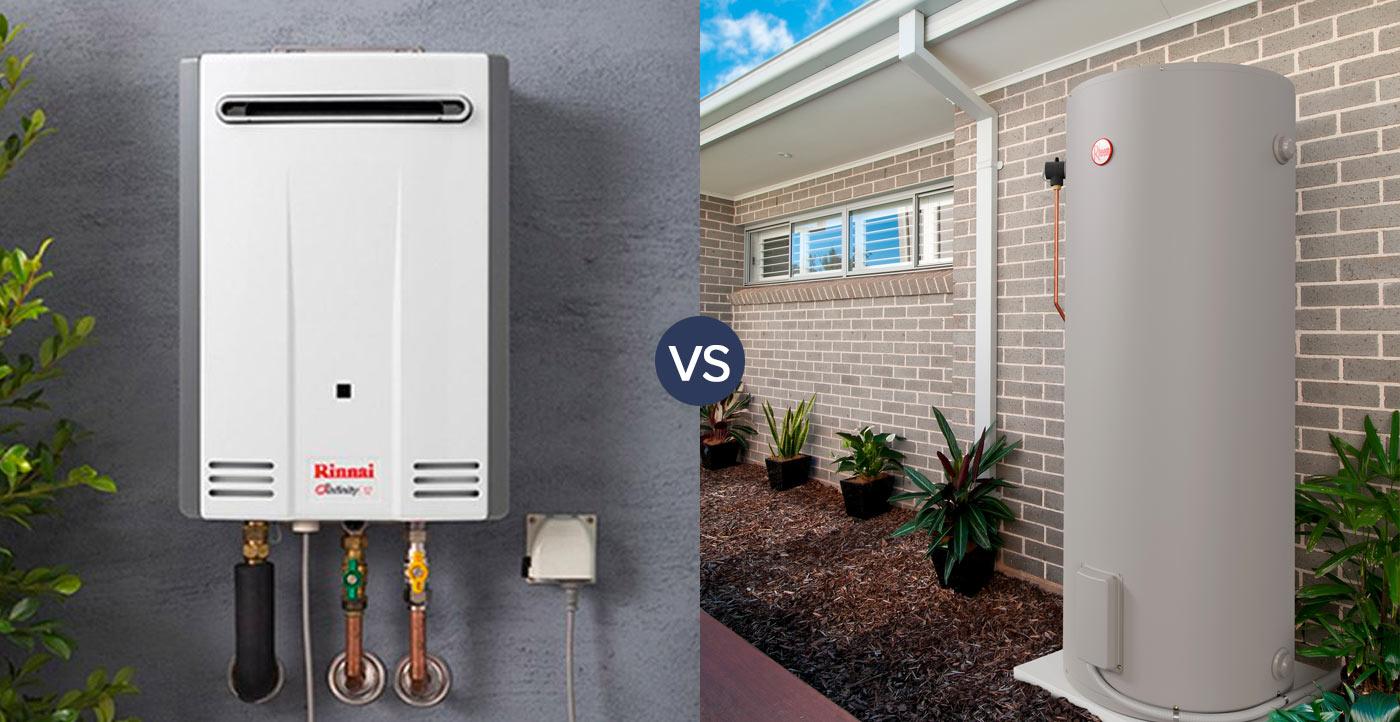
Today, a powerful hot water system is part and parcel of modern life. For most, it’s an appliance they fail to notice until it breaks down, at which point hefty bills are incurred to return it to a working state.
Most of the time, you might not even be aware that there is a problem with your unit, especially if you don’t have any technical knowledge of your appliances. What’s more is that regardless of the make and model of your heater, years of frequent use can lead to wear and tear and certain damages and malfunctions.
If they’re too extensive, your system may lose its ability to heat water completely, requiring a complete replacement or expensive repairs.
To ensure that you take the appropriate action when you notice certain signs, I’ve outlined what you need to know about a hot water system that is defective or even defunct.
You notice discoloured water
For the most part, the water coming out of your taps should be crystal clear; this might not be the case, however, if there’s something wrong with your hot water system.
If you start noticing your water taking on peculiar colours, like brown, or if you notice any dark-coloured particles suspended in the water, it could mean that there is sediment building up in your tank.
If left unaddressed, it could not only damage your water heater but also become a health hazard.
The water cools down too quickly
A hot water system that’s working optimally should be able to keep the water hot for a certain amount of time. When your system is encountering issues with its heating capabilities, your water will not stay warm for too long or, in some cases, your unit will lose its ability to heat the water completely.
If this is the case, there may be nothing you can do—you will need to get your system replaced.
The heater makes strange noises
A surefire sign that your hot water system requires repairs is when it starts making strange noises.
While there is a certain level of ambient noise these devices make, like the whirring sound of the motor, what isn’t normal is when the system makes banging, popping or crackling noises that become worse over time.
These can occur due to various reasons, including the build-up of sediment in the tank, a faulty or damaged heating component, or a broken dip tube.
You’re experiencing leaks
Water heaters go through many cycles of heating water, and this can cause the metal casing of the heater to expand over time, eventually cracking when it reaches its limit.
If you notice water pooling around the base of the heater, your system may be experiencing a leak.
These leaks could lead to water damage across your walls, furniture and electrical outlets if left unchecked. What’s worse is that the location of the leak may be difficult to spot if you aren’t sure what you’re looking for, so always ask a professional to do an inspection for you.
There’s a buildup of rust
Rust is an early warning sign that your heater may start to leak at some point in the near future.
If you spot rust forming on the outer casing of the water heater, chances are that the rusting probably started from inside the tank.
You also run the risk of the rust finding its way into the water and this can be harmful to your health, which means that this is not an issue you can let slide. What’s more is that if the rusting becomes too extensive, you may need to have your entire unit replaced.

Keep an eye out for common issues in your hot water system
Getting a new hot water system installed isn’t necessarily the most budget-friendly solution, especially during the holidays. If your system is acting up, the good news is that sometimes, a few expert-led hot water system repairs are what you need to give your system a new lease on life.
At Alliance Climate Control, we can iron out all the kinks in your hot water system to keep it working for many years to come.
If your hot water system needs a little TLC, don’t hesitate to call us on 02 8061 5023.





